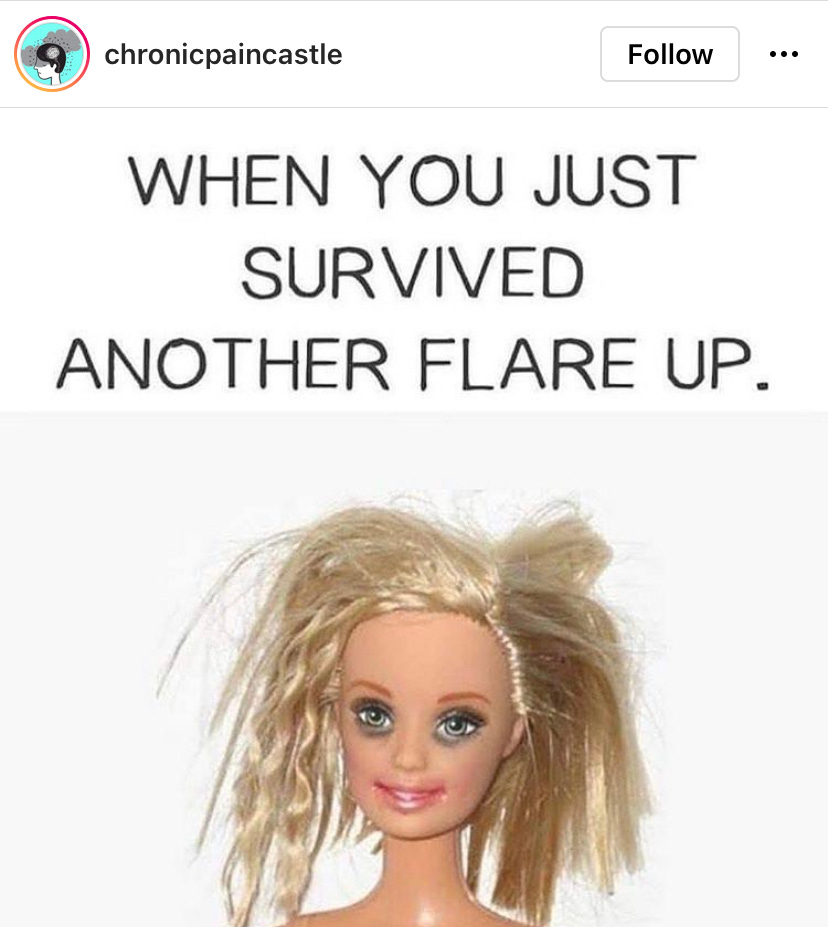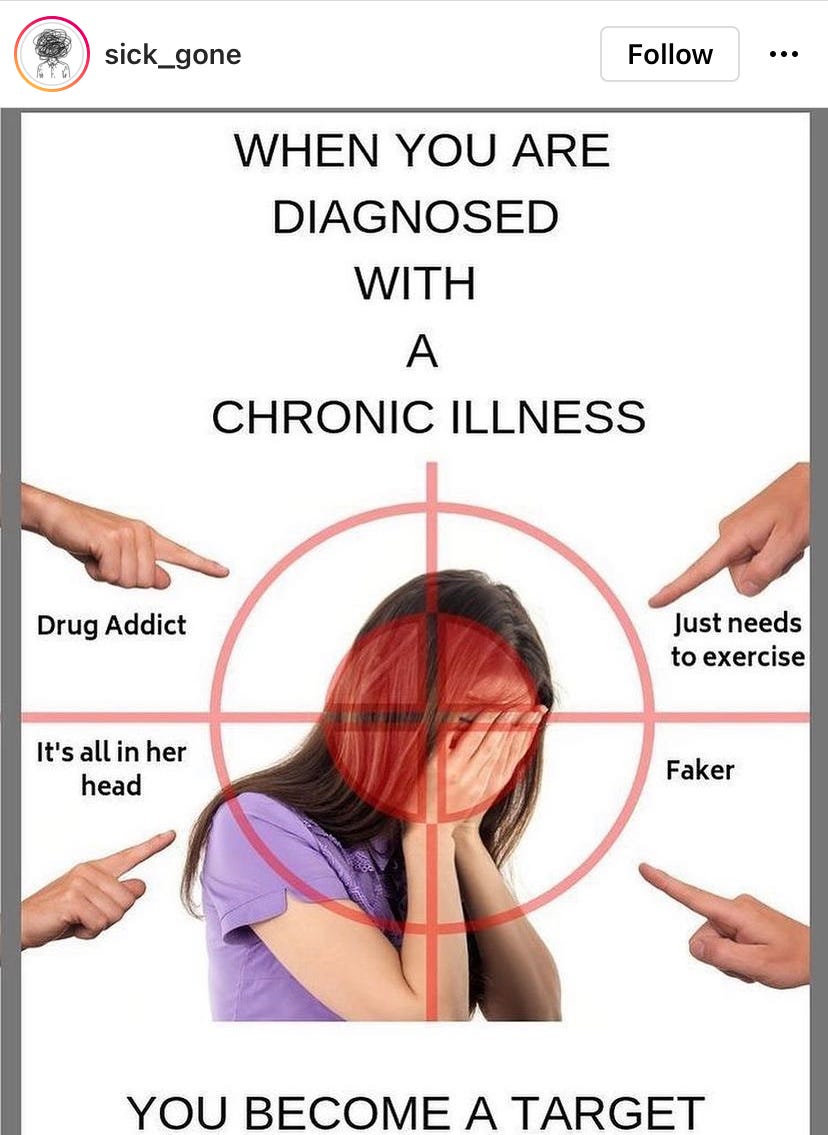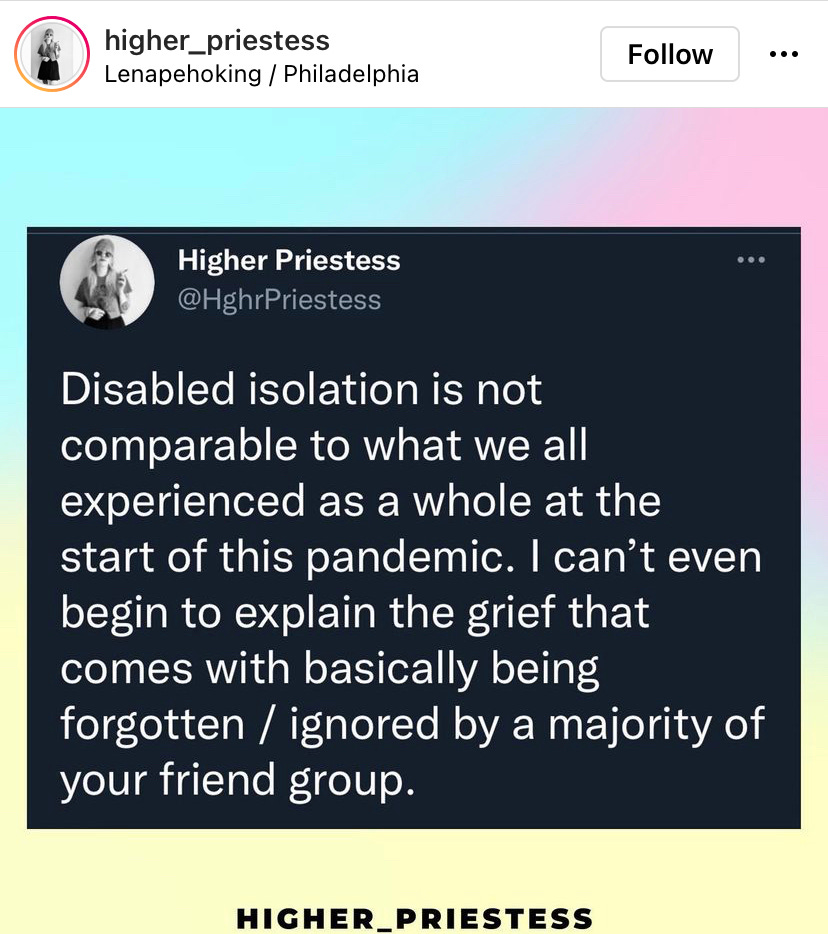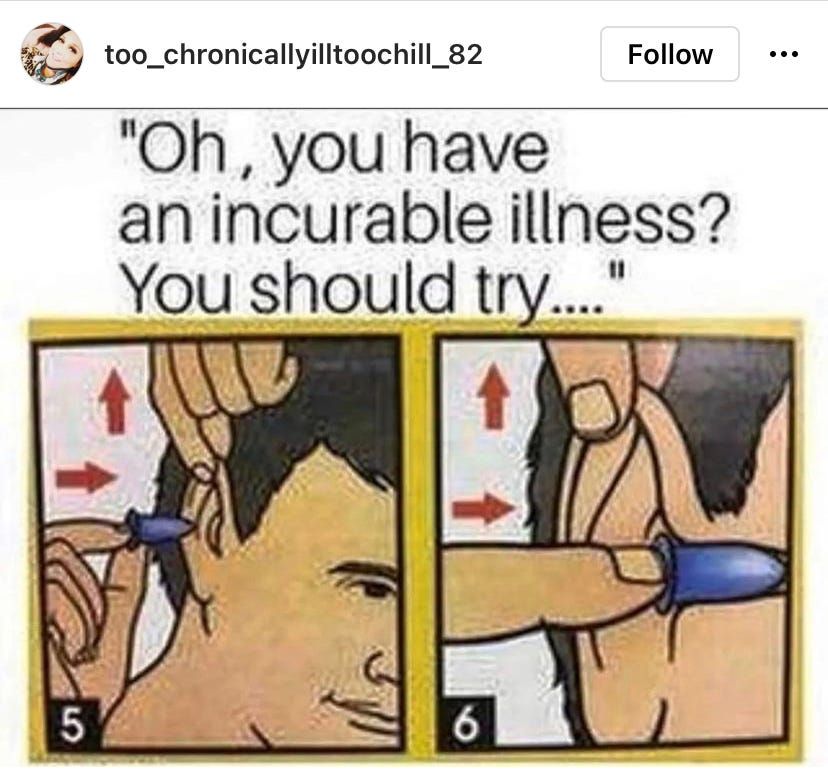Liberatory Expressions From The Heart is a space reserved for my innermost and honest explorations of beauty, culture, and healing. I’ll be delving deep into topics related to social and health justice, dismantling traditional beauty culture, and analyzing practical spirituality. Join me for semi-regular posts reflecting on what’s top of mind and needing to be expressed.
Subscribe below if you don’t want to miss a post and please consider becoming a paid subscriber to support my work.
Content Warning: This post discusses food from a variety of perspectives and touches on conversations related to eating disorders, restrictive eating, healing diets, weight loss, and being hyperfocused on food. It may be triggering for those with a challenging relationship with food, self image, and/or a history of eating disorders.
Food is my life. It seems redundant to say when it’s essential to all life – of course it’s my life (and central to most other lives, too). But the specifics of exactly how the majority of my life has been devoted to navigating my relationship with food is a lot to communicate. I can’t claim to have never been motivated by weight loss or hatred for my body. I was a so-called “chubby” kid, I loved beauty and fashion out of the womb, aesthetics mean everything to me, in a way, and I was born and raised in racist, Eurocentric, capitalist, Western society. It’s painful to acknowledge that folks who don’t have a challenging relationship with food are likely in the minority, and I definitely don’t fall into that category.
I admit I’ve been down paths of restriction with aims of changing the appearance of my body, but alongside that experience were also desperate attempts at feeling better. I have been unwell all my life in a variety of seemingly unrelated ways, and also in cumulative ways. From a young age, I can remember *very clearly* just wanting to feel physically better. I believe I intuitively adjusted my approach to food in desperate attempts to resolve what I was experiencing. It was never straight forward because I didn’t, in fact, know what I was dealing with – but I do now…for the most part.
Over the years, I have been down many roads in search of “wellness.” It’s a controversial term and goal, but I’ve always had a desire to heal and resolve what ails me – or get as close to it as possible. This perspective can come with accusations of internalized ableism, which I fully understand but, once again, I just want to feel better. That’s the gist of it. I deserve and desire to feel better. And that strong desire has taken me down many paths. Cleanses, diets, fads, trends, practitioners, nutritionists, naturopaths, herbs, supplements, energy healing, spiritual plant medicine. I have been there and I am there. It hasn’t been a linear experience but, through the roundabout trial and error over the entirety of my life, I have found a resting place where I’m confident in a main approach to food that keeps my chronic illness symptoms (and possibly the progression of a debilitating disease) relatively in check.
But, here’s the challenge: The approaches I take to ensure I am functioning as best as I can are very much parallel or almost identical to what is being defined as diet culture. Currently, there’s an absolute backlash and desire to dismantle pro-diet, fatphobic culture – and rightfully so. But as a chronically ill person, I find there’s nowhere for me to have conversations about my relationship with food without being judged.
There are many fine lines in this conversation but, as always, what I’m advocating for is acknowledgement of nuance. Chronically ill and/or disabled folks who find empowerment in a strategic approach to food shouldn’t be shamed or silenced for what they’re experiencing and how they choose to live. Where can these conversations live and how can we remove ableism and shaming from the topic of food?
Furthermore, the opportunity to share experiences around food and illness can be invaluable. Many are entirely disenchanted when it comes to their healthcare practitioners and supports they’ve been offered. For me, all of the approaches that have helped me the most in living with chronic illness didn’t come from medical professionals. I crave and yearn for spaces to share and learn from others who are living experiences similar to my own.
I wrote this short essay as yet another submission to a zine. The theme was “It’s Complicated.” It got rejected, but I’m happily sharing it with you. I would love to hear any thoughts or feedback you feel is important. Once again, this is a sensitive topic. I chose to write about what I’ve been through (and continue to go through) because I haven’t come across folks who are outside of a certain type of image (health, “wellness,” perfection advocates) speaking about it and I want these conversations to be present in broader communities and safe spaces (while being careful not to cause harm).
Food, Ableism and Shame: Why Restrictive Eating Isn’t Always Diet Culture
“What’s your favourite meal?” The lighthearted and uplifting Zoom icebreaker question sent my brain on a journey. At first, my mind raced in all directions, thinking of which response would be a true representation of my best culinary fantasy. But, suddenly, a feeling of dread swept over me as all of the details of my dietary restrictions popped the imaginary, food-filled clouds floating above my head. “I can’t eat what I want, and that’s just the reality of how I live,” I thought. Part of me wanted to explain that I had difficulty with the question, maybe in an attempt to educate on the fact that not everyone has a “normal” relationship with food, but I typed a random, socially-pleasing answer in the chat and chose not to be the odd one out in the room.
To be a person who loves food and isn’t necessarily permitted to eat whatever they want is a casual and consistent form of oppression that often goes unnoticed and isn’t talked about enough. It can be an annoying burden that hampers social activities and feelings of freedom and spontaneity – a thorn in the side of most things that people find joy in. It’s something that can’t be easily spoken about because it welcomes all kinds of reactions that add to the uncomfortable nature of the situation. Unsolicited advice from all corners of the conversation on diet and health, such as, “You shouldn’t restrict that, you should restrict this.” The ever-judgemental, jumping to conclusions, “Fad diets don’t work.” And, finally, the accusatory, shame-inducing, “You’re participating in diet culture.”
Chronic illness is why I manipulate my diet in endless and specific ways that are near impossible to explain and articulate. A lifetime of discomfort and an array of ever-changing symptoms has resulted in developing an entire system and protocol that is unique to my needs. Curating what I eat is one of the main, self-empowered tools I have for minimizing pain, brain fog, fatigue, and debilitating digestive symptoms and this choice is both depressing and gratifying. I trade the disappointment of not taking part in coveted social activities like downing alcohol, gluten, and refined sugar for the reassurance that I won’t feel my worst because I ate what I know makes my body feel the best. Unfortunately, communicating this in a way that doesn’t lead to being judged is no easy task. The general perception is that I have an eating disorder or that I’m misguided or misled by false food prophets, when the reality is that I know my body extremely well - because I have to. There are countless factors that shift how I respond to food and it’s up to me to be in tune and intuitive about what will and won’t aggravate the diseases that I’m living with, which is something I find only individuals with illness and/or disability can truly understand.
Diet culture is an ominous presence and, no doubt, should be eliminated as a systemic method of inundating folks with messaging that says their bodies and appearance is wrong. Elevating a thin and culturally-defined “healthy” body that abides by Eurocentric standards of beauty is something that we’re all used to. We’ve been beaten over the head with it from the time we were born and, for some, even bombarded with this programming from those we love. I have zero interest in promoting these values and colonial and capitalist definitions of what it means to be perfect and attractive. Movements to eliminate diet culture and any forms of doctrine that define what’s “right” and “wrong” when it comes to eating are much-needed, but what is missing are conversations about the challenges and experiences of chronically ill and/or disabled folks who have a different relationship with food. We shouldn’t be pushed outside of the topic or silenced for doing what feels aligned for our bodies because it potentially resembles diet culture but is by no means that. The distinctions need to be made and safe spaces to have these supportive dialogues about possibly taboo and controversial ways of approaching food and chronic illness need to be formed.
Eating is an emotional daily practice. We rarely stop to think about just how much mood, disposition, enjoyment of life, and social acceptance depends on it. The practice of shifting what we can and cannot eat has the potential to completely change the dynamic in our life. By prioritizing eating and enjoying foods that minimize symptoms related to chronic illness, I have felt alienated and even lost friends and my connection to socializing. It’s a reality that should be acknowledged and is much more common than many realize. A willingness to explore the nuance around what is defined as diet culture, who defines it, and why folks alter their diets in the first place is a step towards true food empowerment, inclusivity, and anti-ableism when it comes to eating.
In the reverse, I acknowledge chronically ill and/or disabled folks get incessantly hounded to approach their health through food and shamed for failing to “try hard enough.” Unsolicited advice and judgment of personal choices is not ok. Overall, it’s the individual who gets to decide what their relationship with food looks like, and that’s the main point of this post.








